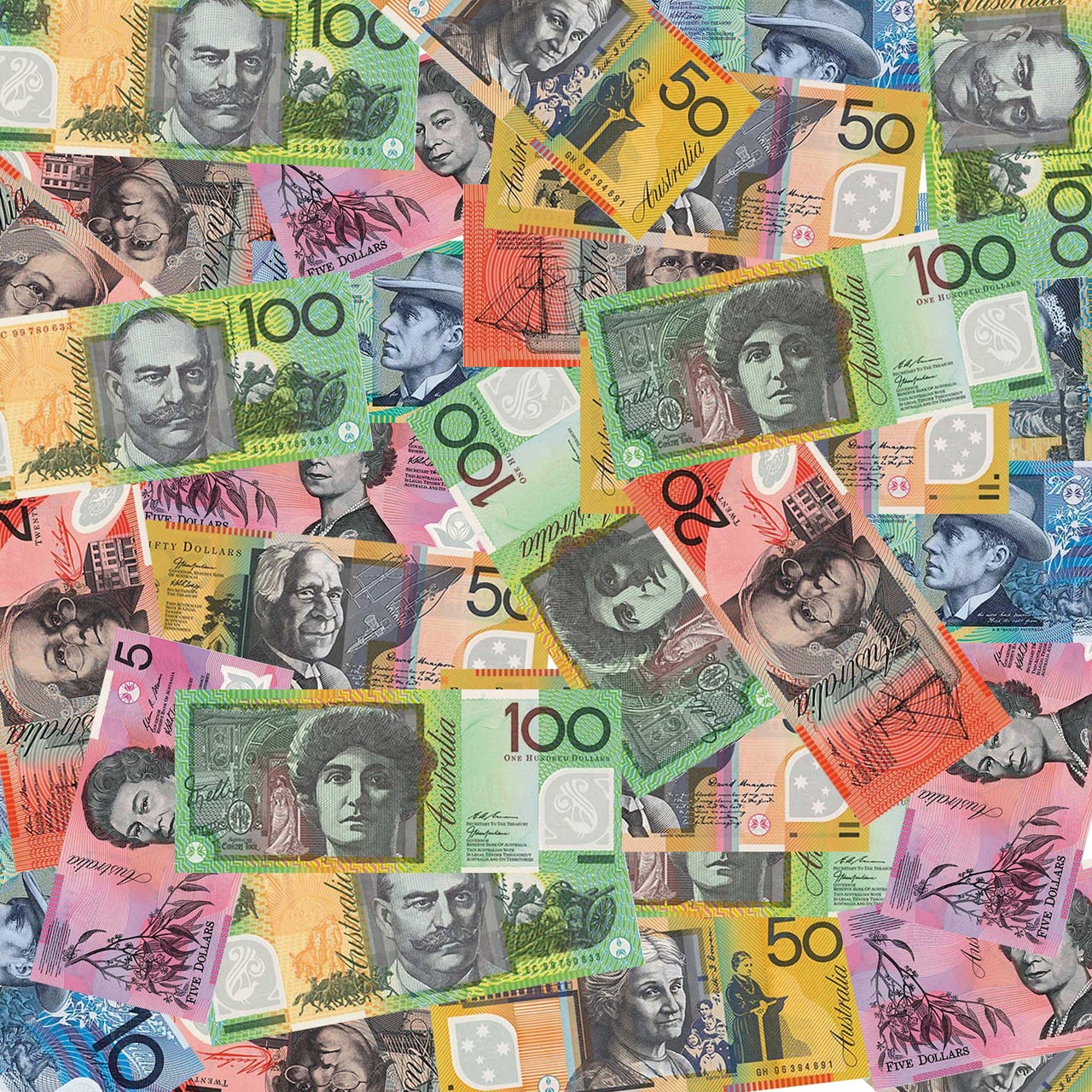Labor to turn screws on multinational royalty payments


The Australia Labor Party announced at the weekend it would stop multinationals from being able to get tax deductions on certain royalty payments. Payments from the Australian arms of multinationals to related entities would face further scrutiny under a Shorten Labor government, it said.
"Multinationals can currently 'treaty shop' and potentially funnel intangibles like intellectual property royalties into tax havens like the Cayman Islands," Opposition Leader Bill Shorten said in a statement on the weekend.
"Some transactions incur low-to-no tax rates because they use 'patent boxes' -- where income from intellectual property is taxed very lightly or not at all. Some big companies can also get a 'sweetheart deal' when they are arbitrarily gifted a low tax rate."
Labor said it would deny tax deductions on transactions -- subject to the "sufficient foreign tax test" clauses of the Diverted Profits Tax or part of a patent box regime -- made by companies with over AU$1 billion in global turnover to related entities.
If a company can prove to the Commissioner of Taxation its payments are not "for the dominant purpose of tax avoidance", they will be able to make a tax deduction.
The party said it would get Treasury and the Australian Taxation Office (ATO) to look into whether service fees paid by the Australian arms of multinationals contain embedded royalty-eligible payments.
"Teachers, nurses, and tradies have to pay their fair share of tax. They don't have the luxury of using special loopholes to minimise their tax," Shorten said.
"It's time multinationals paid their fair share too."
The changes are projected to bring in AU$680 million over four years.
The Australian Parliament legislated the Diverted Profits Tax in March 2017, and was projected to raise AU$3.9 billion over four years.
By May that year, then-Treasurer Scott Morrison said the ATO had already raised AU$2.9 billion in tax liabilities under the Diverted Profits Tax against just seven multinational companies.
The Diverted Profits Tax applies a 40% tax on all multinational profits with global revenue of more than AU$1 billion and Australian revenue of greater than AU$25 million if they are found to be shifting profits offshore.